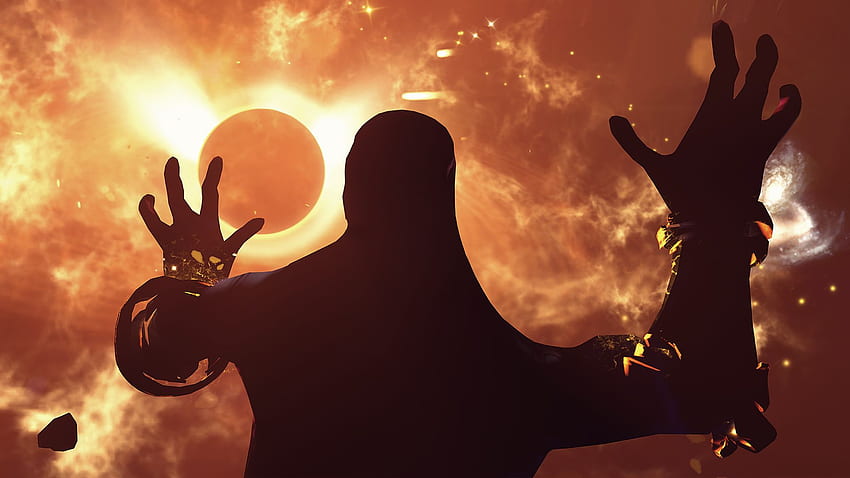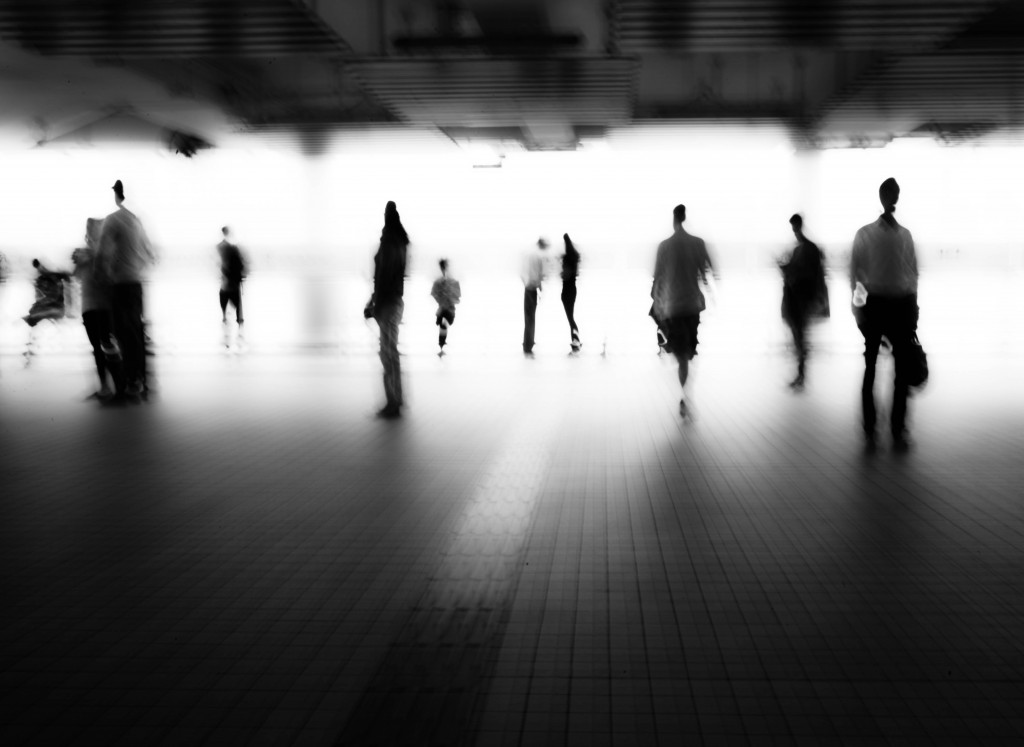The paradox of happiness is, in a nutshell, that I can only be happy if I am not there to spoil it. Another way to put this is to say that I cannot be happy on purpose because ‘on purpose’ means that I am automatically bringing myself into the picture – after all, if my goal or purpose is to be happy, that makes everything about me!
Wei Wu Wei (1963) explains this point by saying that “All methods require a doer. The only ‘doer’ is the I-concept.” So if I want to be happy on purpose that happiness must belong to the I-concept, which is as the name indicates only a concept. A concept is something we make with our minds…
Doing something on purpose involves two fixed things – ‘the goal’ and ‘the one who is hoping to attain that goal’. Both the goal and the one who is to attain the goal are frozen concepts or images produced by the thinking mind. The thinking mind firmly believes that only fixed images are real because fixed images are the only things it can grasp hold of. Happiness, however, is not a fixed image – a construct of the mind – but the free or unregulated flow of life. The thinking mind cannot create an unregulated flow of anything because everything it creates is necessarily regulated by itself.
Another way to put this is to say that everything the mind produces (or is capable of describing, understanding or interacting with) is necessarily a simulation, whilst happiness itself is a non-simulation – the ‘genuine article’ or ‘real thing’.
The thinking mind cannot envisage a free flow, it cannot simulate a free flow – all it can do is produce a series of static images and try thereby to somehow ‘approximate’ the real thing. But there is no way to approximate happiness.
Happiness cannot be grabbed hold of by the mind, it cannot be pinned down in an image, and for this reason it has nothing to do with thinking – it is independent of thinking. It is independent of the doer. Happiness is not a construct of the thinking mind – it is what happens when we are free from thinking, not enmeshed in it.
The paradox of happiness is that the ‘me’ wants to be there to enjoy and appreciate the happiness, and yet it is precisely the ‘me’ that stands in the way of that happiness. The ‘me’ is the fly in the ointment, the spanner in the works. The ‘me’ is the true cause of our unhappy expulsion from the Garden of Eden. It is the ‘me’ that wants to be happy but the ‘me’ can never be happy because it equals ‘holding on’ or ‘grasping’ and happiness is the antithesis of ‘holding on’ or ‘grasping’. Happiness is ‘letting go’.
When the ‘me’ lets go it is no longer there – it is no longer needed and it just vanishes. From the point of view of the ‘me’ this is a highly dubious prospect. Letting go constitutes the ultimate risk, the ultimate uncertainty. From the point of view of the ‘me’ relinquishing itself constitutes the ultimate sacrifice – and that is a sacrifice which it is constitutionally unable to make.
“But what is going to happen to me if I let go?” it asks. Or instead of anxiety the ‘me’ might get jealous or bitter about the deal. “All that wonderful happiness and I won’t be there to benefit from it…” it complains, deeply resentful and totally frustrated by the whole business. The whole set-up seems deeply perverse and unfair to it, like some kind of horribly cruel trick.
So if there is no ‘me’ to enjoy all that happiness, no ‘me’ to witness or appreciate it, no ‘me’ to take possession of the great prize of happiness, then who does enjoy it, who does get to see it? What use is happiness if there is no one there to appreciate it?
One answer to this perfectly reasonable question is given by Chogyam Trungpa (1975) in his discussion of unconditioned consciousness (or ‘unselfconscious awareness’) –
When energy becomes independent, complete energy, it begins to look at itself and perceive itself, which transcends the ordinary idea of perception. It is as though you walk because you know you do not need any support; you walk unconsciously. It is that kind of independent energy without any self-consciousness, which is not at all phantasy – but then again, one never knows.
We could also answer the question by saying that the happiness we are talking about belongs to ‘the other’ – it is always belonging to the other, never to ‘oneself’, and the reason for this is that there is no ‘oneself’.
In reality everything is open and nothing is closed. There is the illusion of ‘closed’, which we are perfectly free to believe in if we want to. The illusion of CLOSED is a device that we can use to shield ourselves but ultimately ‘CLOSED’ is only ever ‘CLOSED’ because we choose to see it as such. OPEN on the other hand is not OPEN because we ‘choose’ for it to be so – OPEN is what it is independently of our choices, it is independent of the doer, independent of the wanter. OPEN has nothing to do with us, in other words!
OPEN is ‘the other’ (i.e. OPEN is ‘that which can’t be grasped at or pointed to’) and this is where happiness is.
Image – pixabay.com






